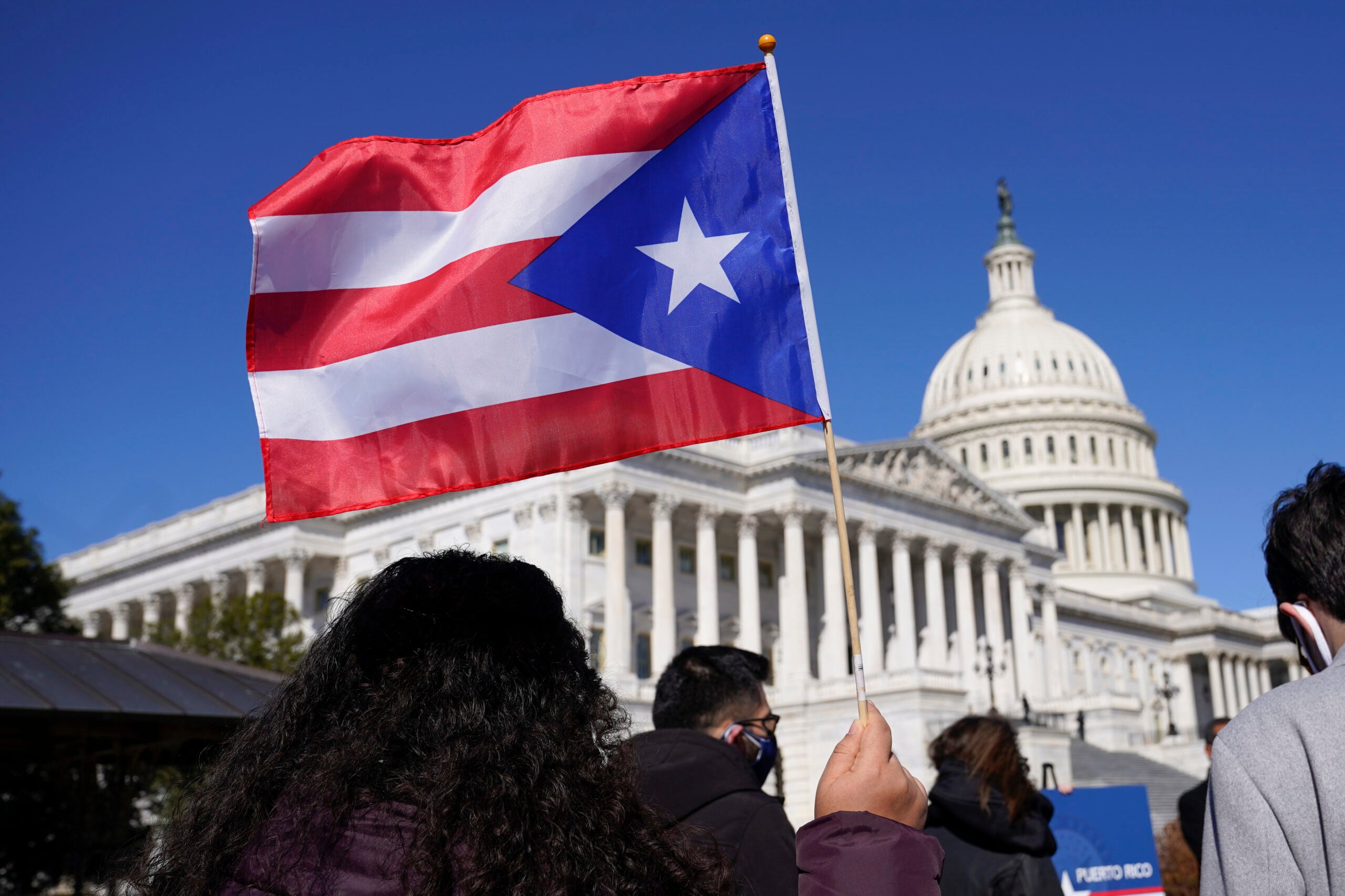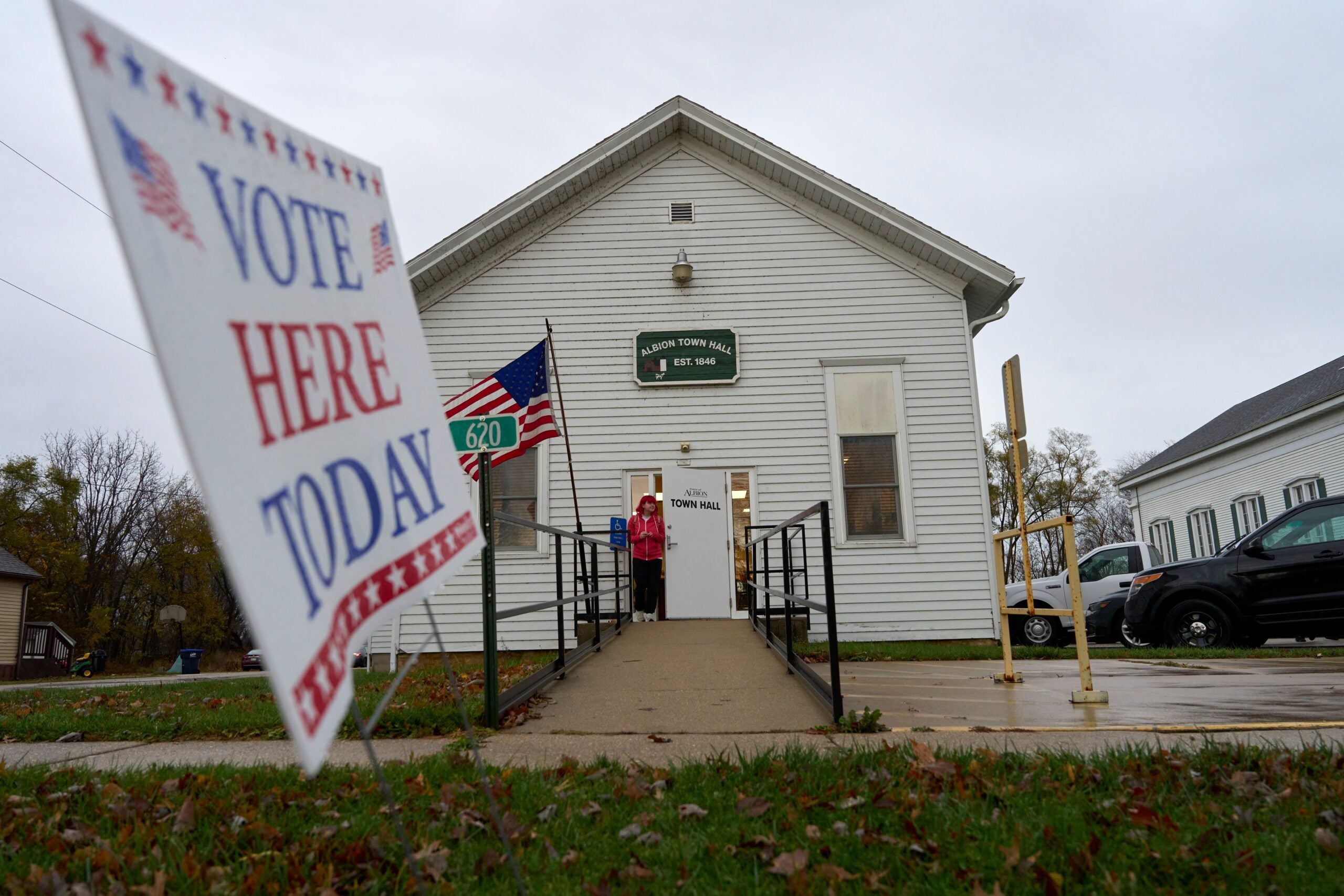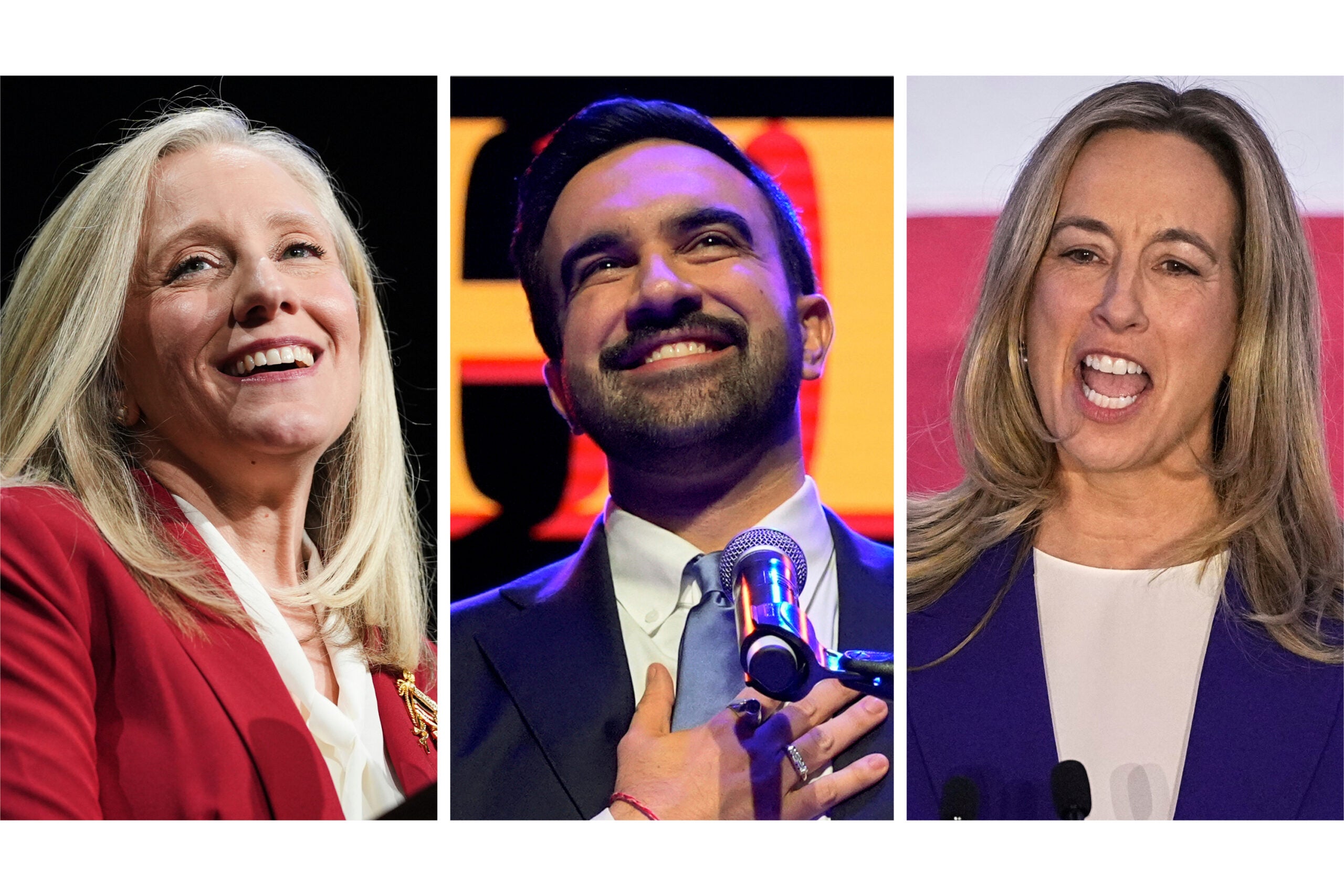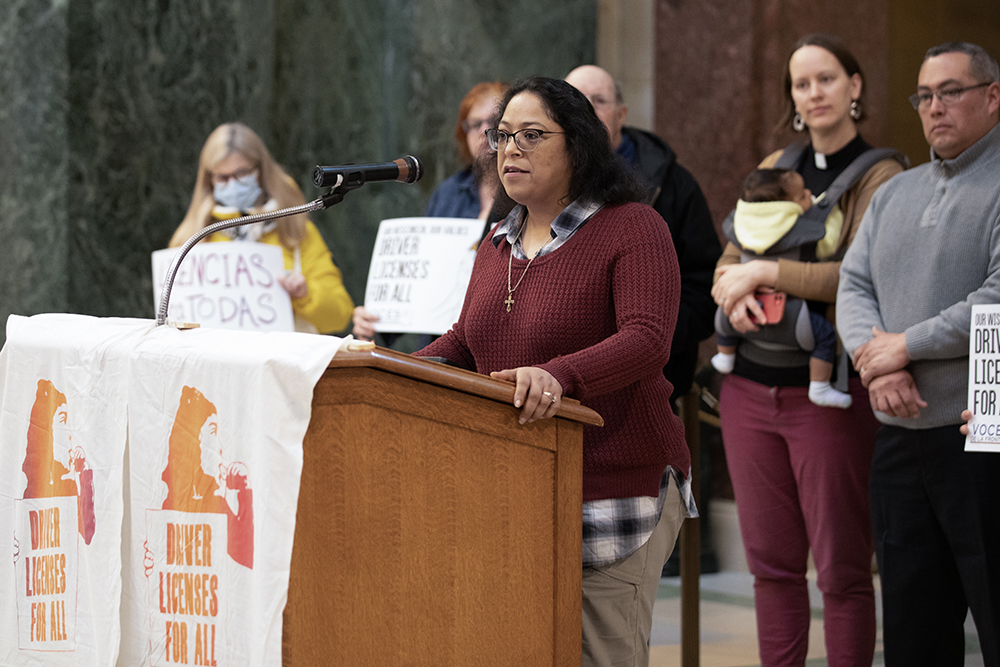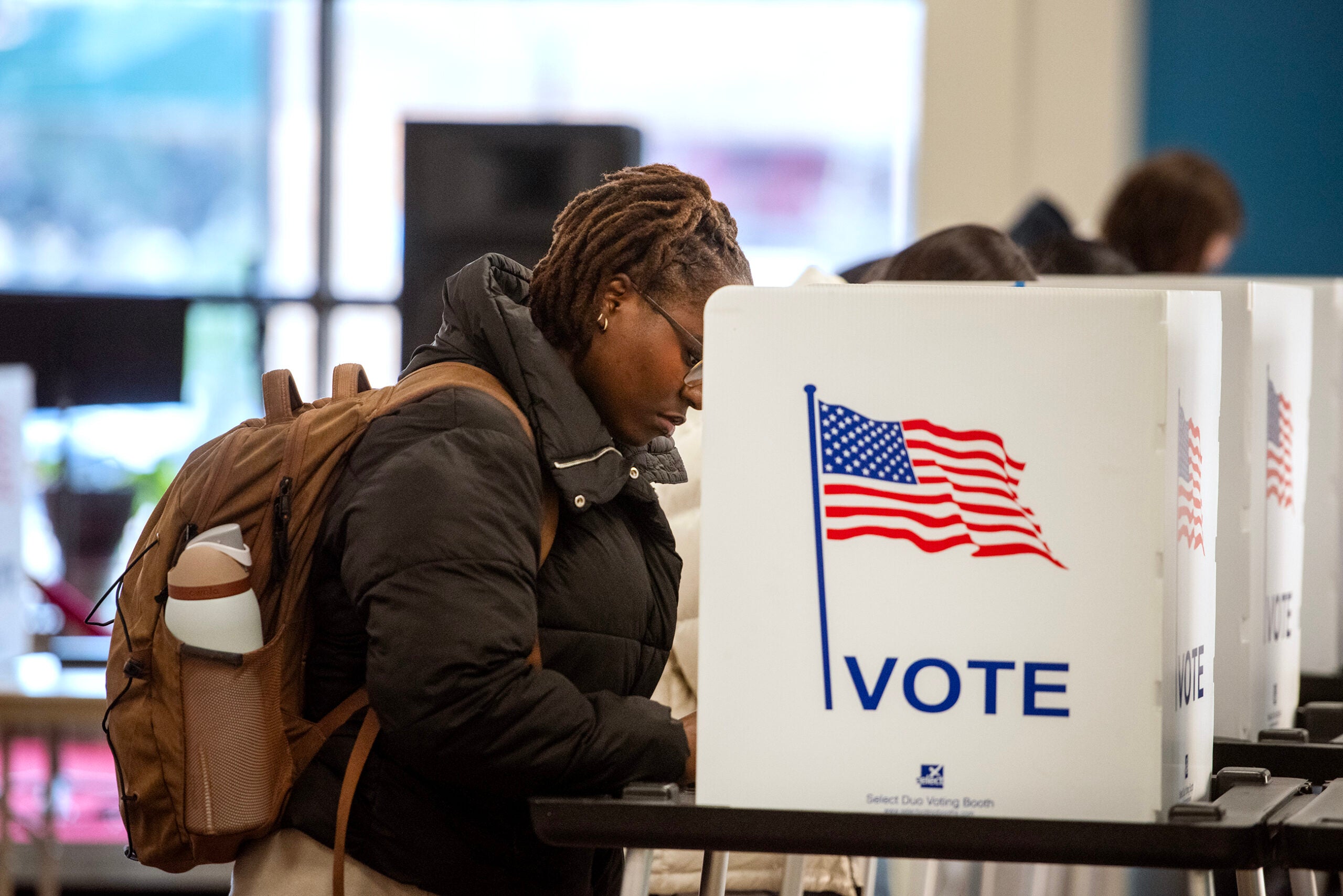José Pérez, president of the Milwaukee Common Council, was dismayed to hear Puerto Rico referred to as “a floating island of garbage” at a campaign rally for former President Donald Trump in New York on Sunday.
“It was rude. It was crass. It was racist,” Pérez told WUWM. “It feels extra hurtful knowing my mother lives there. I have so much family there. And what Puerto Rico means to our family and our culture, it especially stings.”
Aurora Santiago Ortiz, a University of Wisconsin-Madison professor who researches grassroots movements in Puerto Rico, told WPR’s “Wisconsin Today” that she is “not surprised” by the offensive remark.
News with a little more humanity
WPR’s “Wisconsin Today” newsletter keeps you connected to the state you love without feeling overwhelmed. No paywall. No agenda. No corporate filter.
“This sort of rhetoric has been pretty consistent throughout, even when former President Trump was in office,” she said. “His posture has always been really dismissive of the people that live here (in Puerto Rico) as well as those (Puerto Ricans) who live in the U.S.”
More than 61,000 people of Puerto Rican origin live in Wisconsin. That is three times the margin of victory (approx. 20,000) in the last two presidential elections in the state.
While residents of Puerto Rico cannot vote in federal elections, Puerto Ricans who live in the mainland U.S. can cast their ballots in the presidential race on Election Day — and many on social media have pledged to “take out the trash” on Nov. 5 by voting against Trump.
Santiago Ortiz said Puerto Ricans have great pride in where they come from and are a force to be reckoned with, at the polls and otherwise.
“We cannot be underestimated,” she said.
Puerto Rico is holding its own elections on Tuesday as well, including for the governor of the island. For years, the Popular Democratic Party (which advocates for a status-quo relationship between Puerto Rico and the U.S.) and the New Progressive Party (which advocates for U.S. statehood) have alternated which has been in power. The movement for Puerto Rican sovereignty was a distant minority.
But recent polling shows pro-sovereignty sentiment is on the rise, and for the first time, a candidate from the Puerto Rican Independence Party is holding strong in the polls and could defeat his opponent from the incumbent pro-statehood party.
“Right now, we’re at a juncture where there could be real change in the political landscape here,” Santiago Ortiz said. “It feels like a change is possible, and it’s looming right there.”
In addition to voting for the next governor, residents of Puerto Rico will also be asked to vote “yes” or “no” in a nonbinding referendum asking whether or not the island should immediately become a state. While a majority of voters (52 percent) voted “yes” in the 2020 election, Congress has yet to act on it and is unlikely to do so after the 2024 election.
Wisconsin Public Radio, © Copyright 2025, Board of Regents of the University of Wisconsin System and Wisconsin Educational Communications Board.

